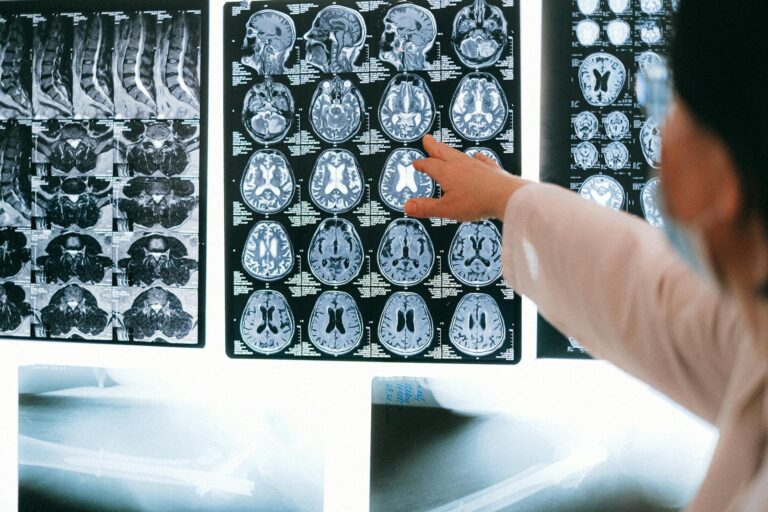Antipsychotics and Their Impact on Brain Health in Dementia Patients
Antipsychotic medications are often prescribed to manage behavioral symptoms in people with dementia, but their use comes with significant risks and potential effects on brain health. Recent research has shed light on how these drugs may influence neurodegeneration in dementia patients.
Increased Risk of Adverse Events
Studies have shown that antipsychotics are associated with an increased risk of serious adverse events in older adults with dementia[4]. The U.S. Food and Drug Administration (FDA) has issued a black box warning about the use of these medications in dementia patients, citing higher rates of mortality, cerebrovascular events, and pneumonia[5].
Impact on Cognitive Function
Antipsychotics have been found to potentially worsen cognitive function in people with dementia[4]. The Clinical Antipsychotic Trials of Intervention Effectiveness-Alzheimer’s Dementia (CATIE-AD) study demonstrated that the use of atypical antipsychotics tended to lead to deterioration in cognitive functioning, with impairment worsening the longer the trial lasted[2].
Brain Structure Changes
Long-term use of antipsychotics has been associated with loss of grey matter and other structural changes in the brain[4]. While some studies suggest that newer atypical antipsychotics may have a protective effect compared to first-generation drugs, the overall impact on brain volume remains a concern[4].
Mortality Risk
The use of antipsychotics in dementia patients has been linked to an increased risk of early death[4]. This finding has led to a significant decrease in the prescription of these medications for dementia-related symptoms in recent years[4].
Alternatives and Considerations
Given the potential risks, experts recommend using antipsychotics in dementia patients only when there is severe distress or risk of physical harm, and after other non-pharmacological interventions have been tried[4]. Psychosocial interventions may help reduce the need for antipsychotic medications[4].
Recent Developments
Some newer antipsychotics, such as brexpiprazole, are being studied for their potential to treat dementia-related psychosis and agitation with possibly fewer side effects[6]. However, more research is needed to fully understand their long-term impact on brain health.
In conclusion, while antipsychotics can help manage certain behavioral symptoms in dementia, their use must be carefully weighed against the potential risks of accelerated cognitive decline and other adverse effects on brain health. Healthcare providers should consider alternative treatments and use these medications judiciously, with close monitoring of patients for any signs of cognitive or physical deterioration.





